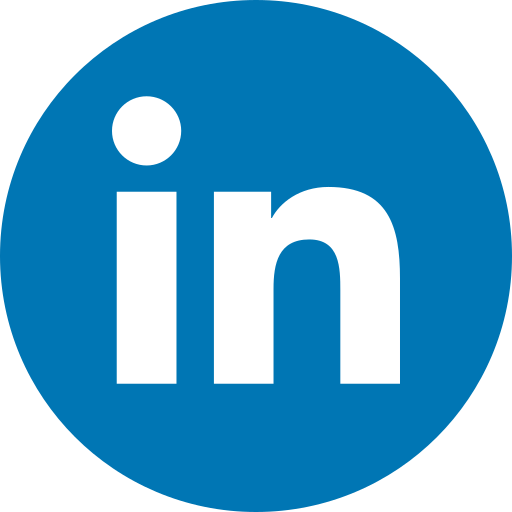An urgent need for digital health

Liz Ashall-Payne, CEO and co-founder of the Organisation for the Review of Care and Health Apps (ORCHA), explains why digital health is essential to relieve pressure on urgent care.
The challenge around urgent care has never been so great. You only have to turn on the news to see the crisis unfolding from both a waiting list and staffing perspective.
We’ve had the pandemic and now the workforce is under massive pressure with shortages and strikes. With people unable to access primary care for GP appointments, more are turning up at urgent care centres or A&E. Demand for healthcare has never been higher and this means digital health has never been more of an opportunity.
I have a clinical background in speech and language therapy and have always believed that digital health should be an enhancement to clinical care rather than a replacement for it. Yet unfortunately right now we’re not in that place. There isn’t enough capacity to deal with the demand, so we must offer digital health as an alternative while people are for waiting for care.
Tackling pressures
The Organisation for the Review of Health and Care Apps (ORCHA) and researchers from the University of Warwick have recently released a
Researchers found that digital health tools, if deployed in primary care, could make a substantial contribution to tackling NHS urgent care pressures, by keeping patients out of hospital in the first place. These avoided attendances could save the NHS around £553 million annually.
We’re not claiming digital health can help somebody who has been in a road traffic accident and needs a doctor at that moment, but it can help prevent crises by supporting people with long-term conditions or with their elective recovery. This can help the ‘revolving door patients’ who keep returning to primary or urgent care because they’re struggling with pain or their mental health while waiting for an appointment. Plus, on the other side of the equation, digital health can help get people out of hospital faster, freeing up beds and improving the whole flow.
End-to-end solution
It’s important to realise that digital health isn’t about single point solutions, it needs to be part of a full end-to-end pathway. Integrated Care Boards (ICBs) are well-positioned to look at the whole healthcare system, so they can consider which digital technologies can help at what point.
The approval and evaluation of apps, which ORCHA provides, is foundational to everything because we need to know which technologies are safe and efficient and where they will have an impact in the pathway. Once an app is approved, the technology then needs to be aggregated across the whole care pathway.
For example, there are currently hundreds of thousands of people who have been waiting for more than two years for hip and knee operations. During that period, they’ve been waiting in pain, so they may have put on weight because they’re not able to move as much. Plus, their pain could be affecting their mental health and sleep. Digital health could help them while they’re waiting through mental health, pain management, exercise, and sleep technologies.
The next step post-surgery is getting the patient home with a package of physio or occupational therapy. A digital health package can enable the patient to get home and release the hospital bed. If somebody isn’t given the right package of care at point of discharge, they will return to primary care, so we need to map out the pathway and identify which technologies can best help.
Need for infrastructure
I remember seeing just six patients on my first day as a clinician and knowing there were hundreds of others who needed access to my knowledge and skills. It frustrated me so fundamentally that I started on a journey of finding different ways of delivering care to more people. I got excited about technology because I realised that if we can deploy safe technologies at the right point to the right people, we can have a massive effect for millions of people immediately. That’s the opportunity which drives my passion for digital health.
Published research shows that 90% of healthcare professionals believe technology could help their patients. There is massive interest, but clinicians are not necessarily aware which technologies they can trust, how to access them or how to govern any future risks.
You wouldn’t expect a doctor to prescribe medication without having training and the ability to search and find the right drug, so why should we expect that for technology?
For these new pathways to work, healthcare professionals need training to understand which technologies can be recommended and have an infrastructure which provides a safe system to recommend technologies.
My message to healthcare leaders and clinicians is to start on the digital health journey. We absolutely have a crisis on our hands and digital health can help right now with low complexity apps requiring little or no interoperability. So be brave, be bold and just start.








